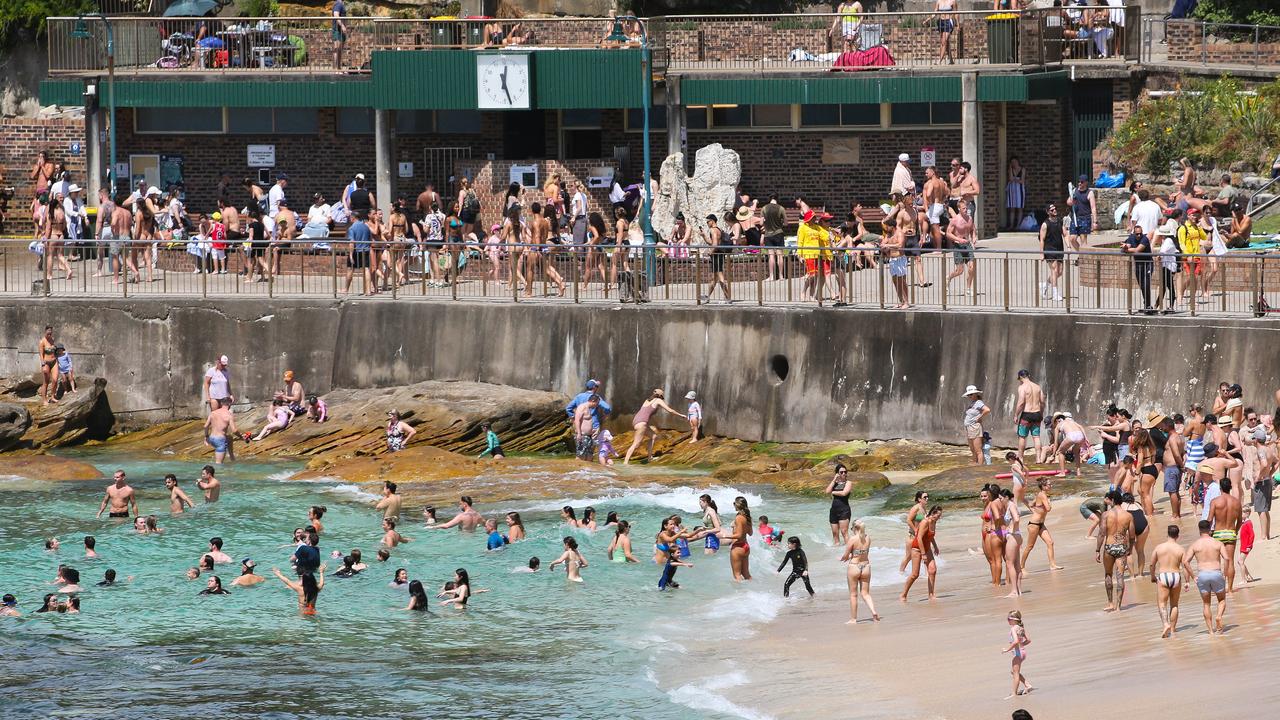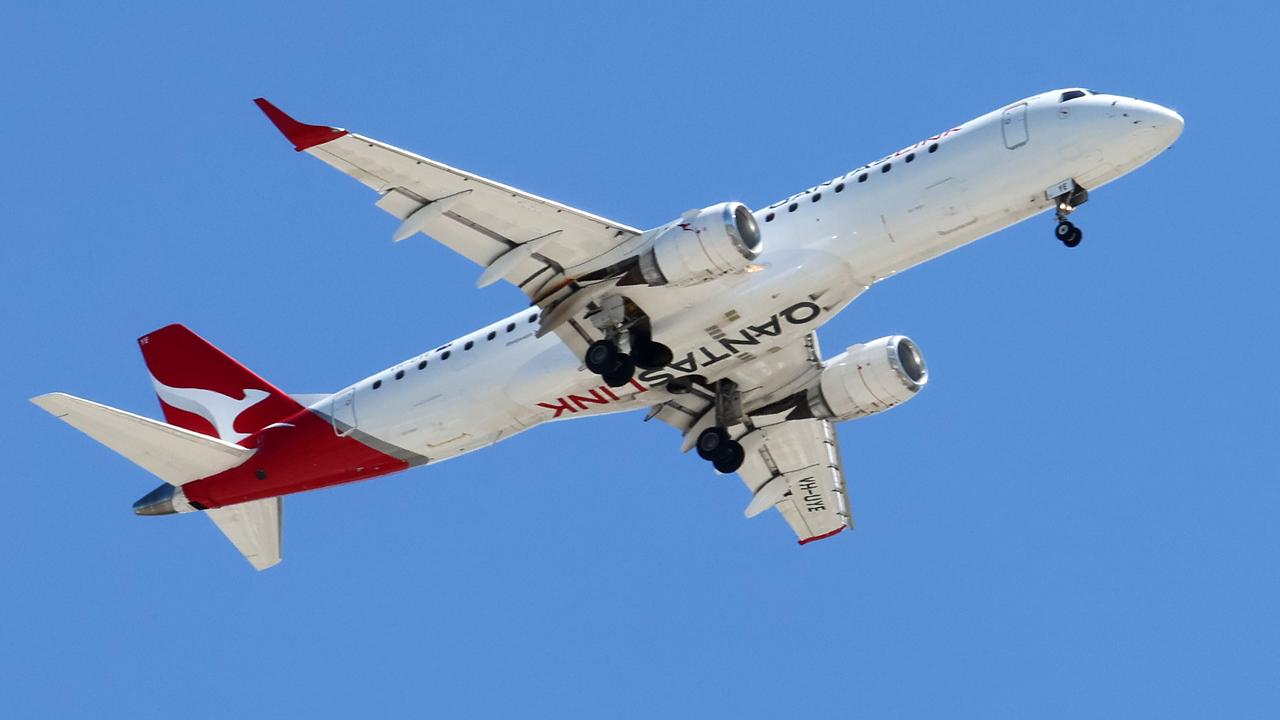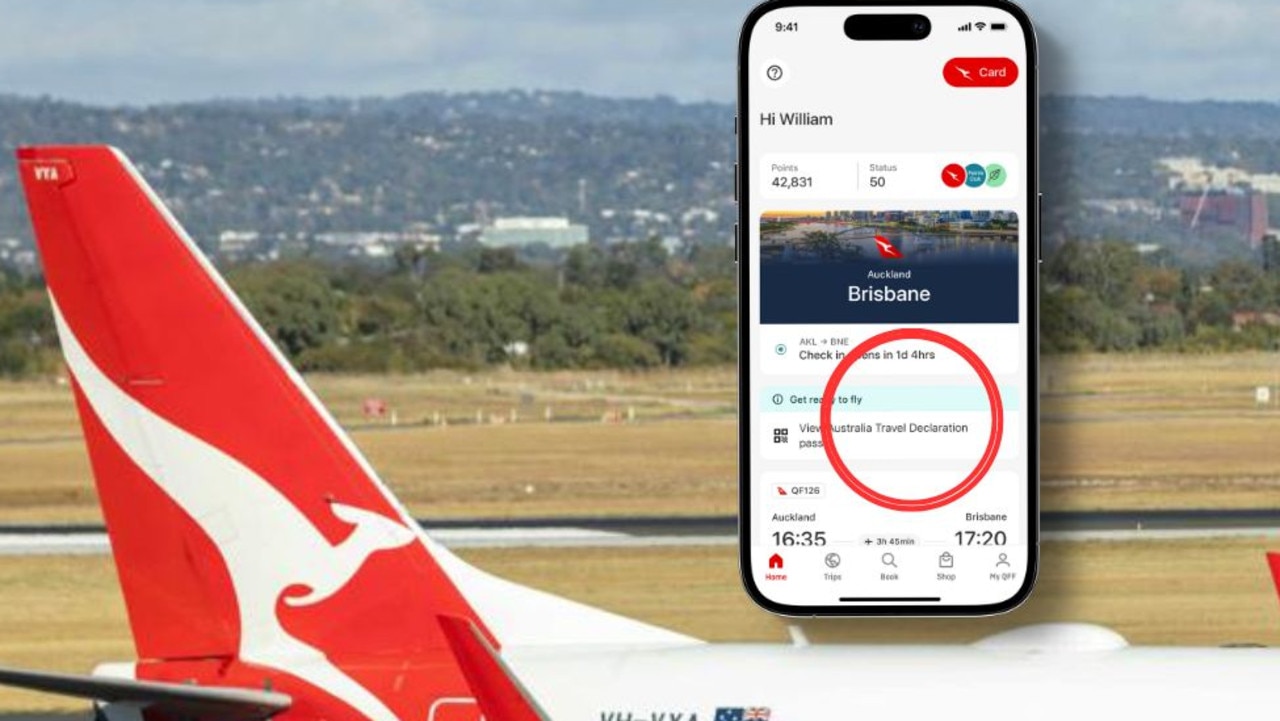Is it still safe to go to Turkey? Advice for Australians after airport attack
THE deadly blasts that rocked Istanbul airport may change the way Australians travel to Turkey. Here’s the most up to date travel advice.
AUSTRALIANS are being urged to reconsider their need to travel to Istanbul after a series of deadly suicide bomb blasts rocked Turkey’s main airport.
At least 36 people are dead and more than 140 injured after three suicide bombers targeted Istanbul Ataturk airport, the three busiest airports in Europe.
Turkish officials have blamed Islamic State militants for the attack, which is the latest in a series of recent attacks by militant groups targeting tourists in the major city.
The Department of Foreign Affairs and Trade has today urged Australians to reconsider their need to travel to Istanbul, as well as the capital Ankara, as they urgently work to determine whether any Australians are among the dead or injured.
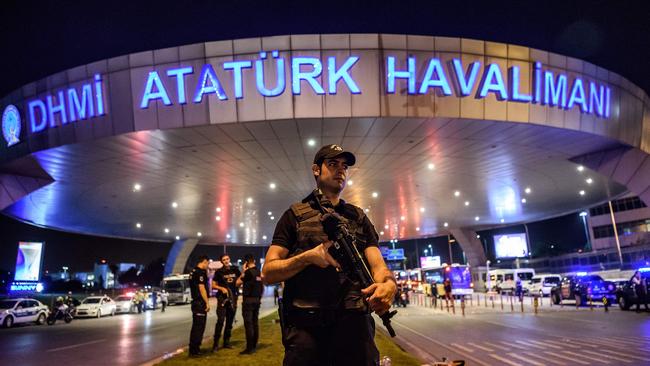
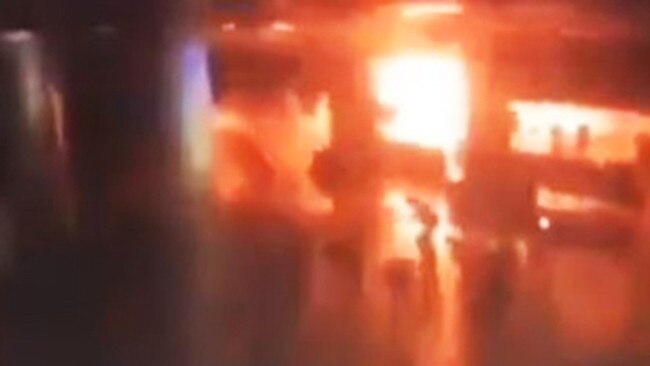
“Many Australians are very familiar with the airport at Istanbul,” Prime Minister Malcolm Turnbull said today, pointing out many thousands of Australians had travelled to the fields of Gallipoli.
“Australia and Turkey have a common bond, both our countries’ foundation stories were told at Gallipoli.”
Mr Turnbull said he promised to “work relentlessly” with security agents to keep Australians safe.
Travel safety expert Phil Sylvester, from Travel Insurance Direct, told news.com.au today’s attack may impact Australians in Istanbul and those planning to travel there soon.
“If you’re heading to Turkey in the next 48 hours it seems unlikely the main airport will be open,” he said.
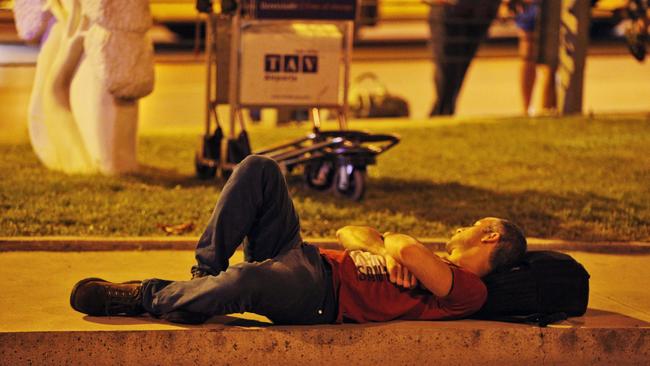
“There is another airport in Istanbul, so talk to your airline about what arrangements they’re making.
“It’s a sad fact of life, but due to increased monitoring and police presence the period immediately following a terror attack affords a higher than usual level of safety and security.”
Today’s comes just three months after suicide bombers targeted Brussels Airport, killing 16 people and stoking airport security fears worldwide.
Mr Sylvester suggested travellers move as quickly as possible through security checkpoints at airports.
“One other thing to note from the Istanbul airport attack (is) the bombers were unable to get inside the terminal beyond the security checkpoint,” he said.
“So wherever you travel don’t hang around in the publicly accessible areas, get checked-in and get to the secure “air side” as quickly as practicable.”
While Mr Sylvester agreed Australians should avoid Istanbul if possible he stressed many other parts of the country were relatively safe.
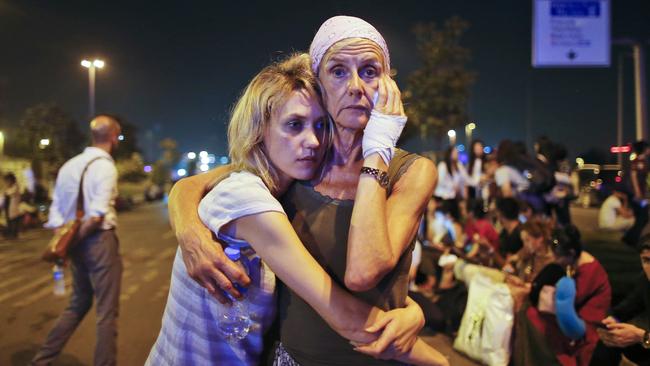
“If you do travel there (to Istanbul) spend as little time as possible in the city, forgo the sightseeing, stay alert, and avoid as much as possible public places,” he said.
“But the same is not true of the vast majority of Turkey. The resorts clustered on the southern Mediterranean coast are, so far, free of trouble. I’d be perfectly happy taking my own kids there this week if I had the chance.”
DFAT urges Australians to exercise a high degree of caution anywhere in Turkey.
As in Istanbul and Ankara, it warns Australians to reconsider travel to the provinces of Batman, Bingol, Bitlis, Gaziantep, Hakkari, Hatay, Kilis, Mardin, Sanliurfa, Siirt, Sirnak, Tunceli and Van.
Australians should avoid going within 10km of Turkey’s border with Syria.
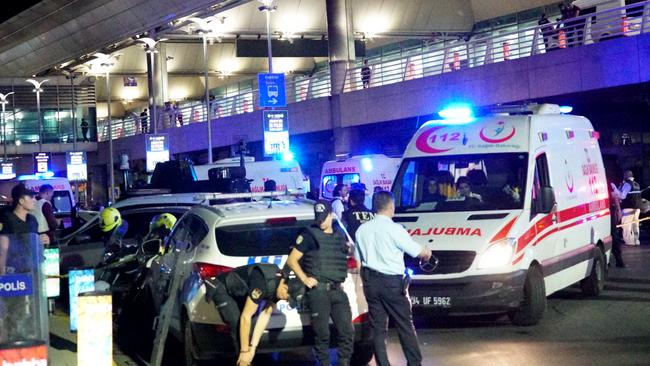
Turkey had stepped up controls at airports and land borders both with Syria and Iraq and deported thousands of foreign fighters, but has struggled against the threat of IS and attacks by Kurdish separatist groups.
Today’s attack is the sixth deadly terror attack in Istanbul this year — a string of violence that has begun to cripple Turkey’s tourism industry.
Earlier this month, 11 people were killed when a suicide bomber targeted Istanbul’s Vezneciler district, close to the city’s bustling Grand Bazaar. A Kurdish separatist group claimed responsibility.
In January, 13 people, mostly German tourists, were killed near the site of Istanbul’s iconic Blue Mosque and Hagia Sophia museum in an IS suicide bombing.
A suicide bomber with links to IS set off an attack on the popular shopping strip of Istiklal in March, killing four people — including two Israeli-American tourists — and injuring 36.
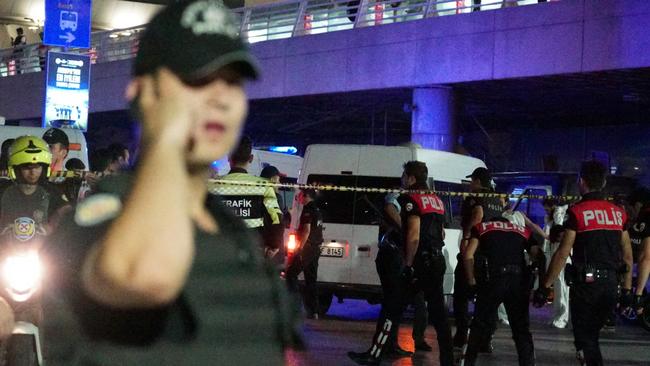
The Blue Mosque, one of the city’s biggest tourist drawcards, was targeted again in April when a suicide bomber injured eight people. No one has claimed responsibility for the attack.
The violence has dealt a heavy blow to Turkey’s tourism industry, which contributes a sizeable 12 per cent of the national gross domestic product.
The number of foreign tourists visiting Turkey fell 28 per cent in April, the biggest drop in 17 years, according to Bloomberg.
The decline has been attributed to Turkey’s involvement in the Syrian civil war, the influx of refugees from the Middle East and hostilities with Russia.
An Australian tour guide who managed to narrowly avoid the Ataturk Airport bombing believes the latest attack will likely spoil the time-honoured tradition of Australians travelling to Turkey.
Expat Dean Hunter, who has lived in Turkey for 15 years, said he was walking through the airport’s arrivals lounge just one hour before the suicide bombers struck.
“Tourism was dead before this,’’ Mr Hunter told the Herald Sun. “It will be even worse now.’’
— with wires.


